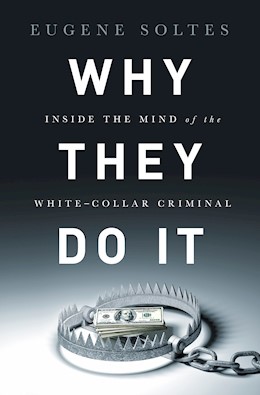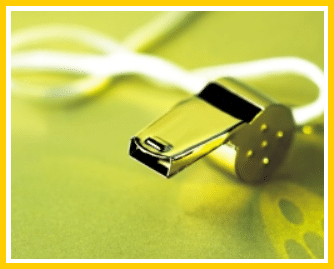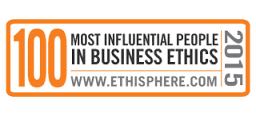The Scandal Effect: Removing the taint of corporate ethical lapses
 Imagine an executive at a company leaves their job in January, six months before the company becomes embroiled in an ethical scandal. The executive now has the taint of a botched job attributed to him/her and, like the smelly car from Seinfeld, it is hard to wash off and seems to follow them everywhere.
Imagine an executive at a company leaves their job in January, six months before the company becomes embroiled in an ethical scandal. The executive now has the taint of a botched job attributed to him/her and, like the smelly car from Seinfeld, it is hard to wash off and seems to follow them everywhere.
A recent article in Harvard Business Review illuminated this phenomenon, shows how much of a long term impact scandal can have on people. The results were shocking (though not so much odiferous).

 When a company has a record year in its stock price, who wins? Frequently it is only a limited number of individuals as opposed to the greater society in which we all live. For public shareholders, a bump in stock price is a good thing but what history shows is that more often than not, the short-term jolts come at the expense of a more sustainable strategy towards success (VW, HSBC and other recent corporate scandals come to mind).
When a company has a record year in its stock price, who wins? Frequently it is only a limited number of individuals as opposed to the greater society in which we all live. For public shareholders, a bump in stock price is a good thing but what history shows is that more often than not, the short-term jolts come at the expense of a more sustainable strategy towards success (VW, HSBC and other recent corporate scandals come to mind). Ethical Systems, in collaboration with
Ethical Systems, in collaboration with  Each month, Ethical Systems publishes an interview with one of our esteemed collaborators covering their research and work in an area relating to ethics and ethical systems design.
Each month, Ethical Systems publishes an interview with one of our esteemed collaborators covering their research and work in an area relating to ethics and ethical systems design. White collar criminals typically conjure images of dark boardrooms, wealthy conspirators and syndicated, international crime rings. Yet, in a new book,
White collar criminals typically conjure images of dark boardrooms, wealthy conspirators and syndicated, international crime rings. Yet, in a new book,  Can people be taught to be more ethical? While some may say teaching ethics is a recipe for continued headaches and an ongoing, almost Sisyphus-like journey to ensure lessons are absorbed, a new study has positive implications for both academics and practitioners who have dedicated their work to engaging others in ethics education, training and programs.
Can people be taught to be more ethical? While some may say teaching ethics is a recipe for continued headaches and an ongoing, almost Sisyphus-like journey to ensure lessons are absorbed, a new study has positive implications for both academics and practitioners who have dedicated their work to engaging others in ethics education, training and programs. If the following survey results are any indication, a betting man would be doubling down on increased FCPA cases in 2016.
If the following survey results are any indication, a betting man would be doubling down on increased FCPA cases in 2016. Internal reporting is one of the quickest ways employees can alert relevant organizational- and governmental- contacts that something is amiss. While extensive research shows that a major impediment to doing so is fear of retaliation, new research from ES collaborator
Internal reporting is one of the quickest ways employees can alert relevant organizational- and governmental- contacts that something is amiss. While extensive research shows that a major impediment to doing so is fear of retaliation, new research from ES collaborator  Each year, Ethisphere recognizes 100 individuals that have made a material impact in the world of business ethics through their annual
Each year, Ethisphere recognizes 100 individuals that have made a material impact in the world of business ethics through their annual  You catch more flies with honey than you do with vinegar, says an old adage. In today’s economy, companies would be wise to continuously tend to their hives in order to maximize and motivate their worker bees.
You catch more flies with honey than you do with vinegar, says an old adage. In today’s economy, companies would be wise to continuously tend to their hives in order to maximize and motivate their worker bees.